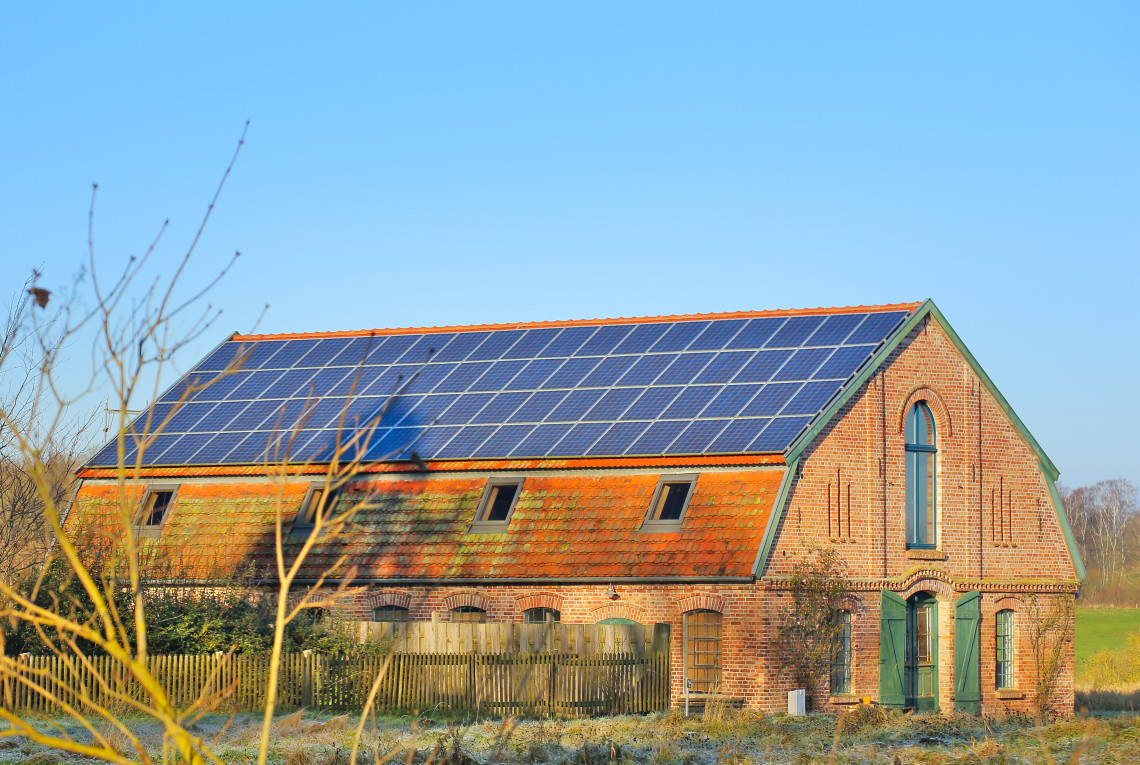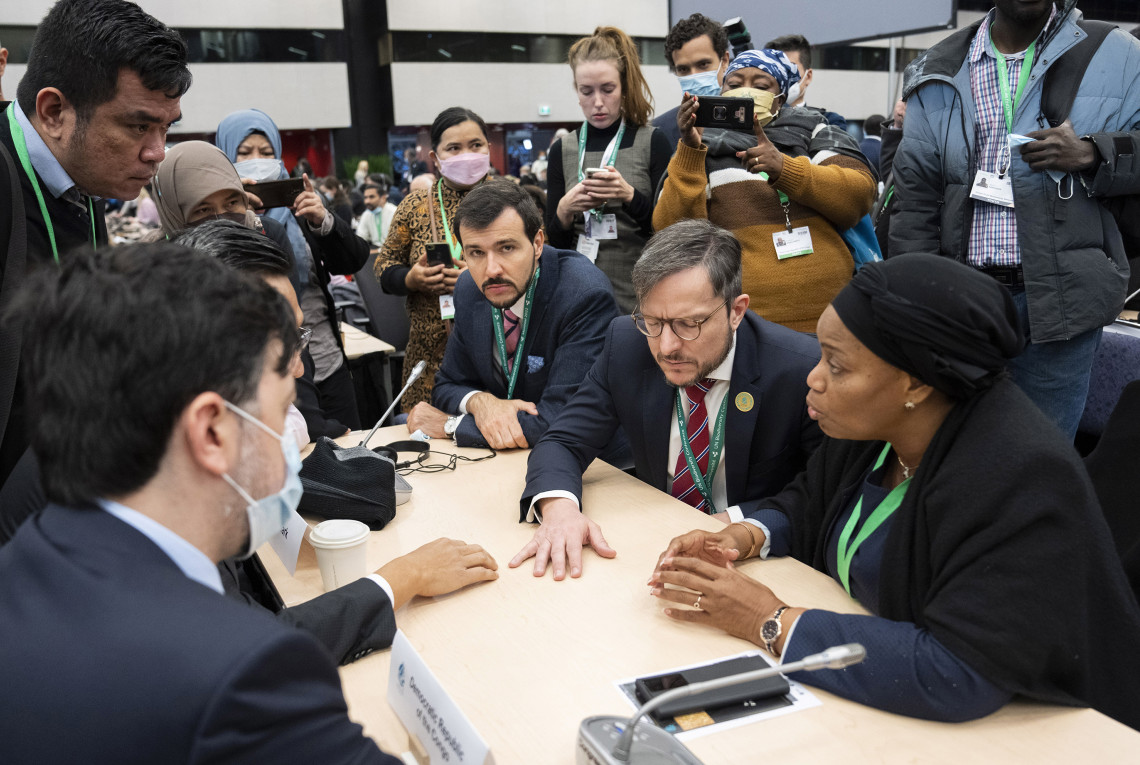
Hope for nature and the climate: the Montreal framework agreement
After nearly two weeks of negotiations, the international community struck a deal, adopting a new framework agreement for preserving Earth’s biodiversity. It includes 23 extremely important targets for conservation and climate protection. But the question is which of them will actually be met.
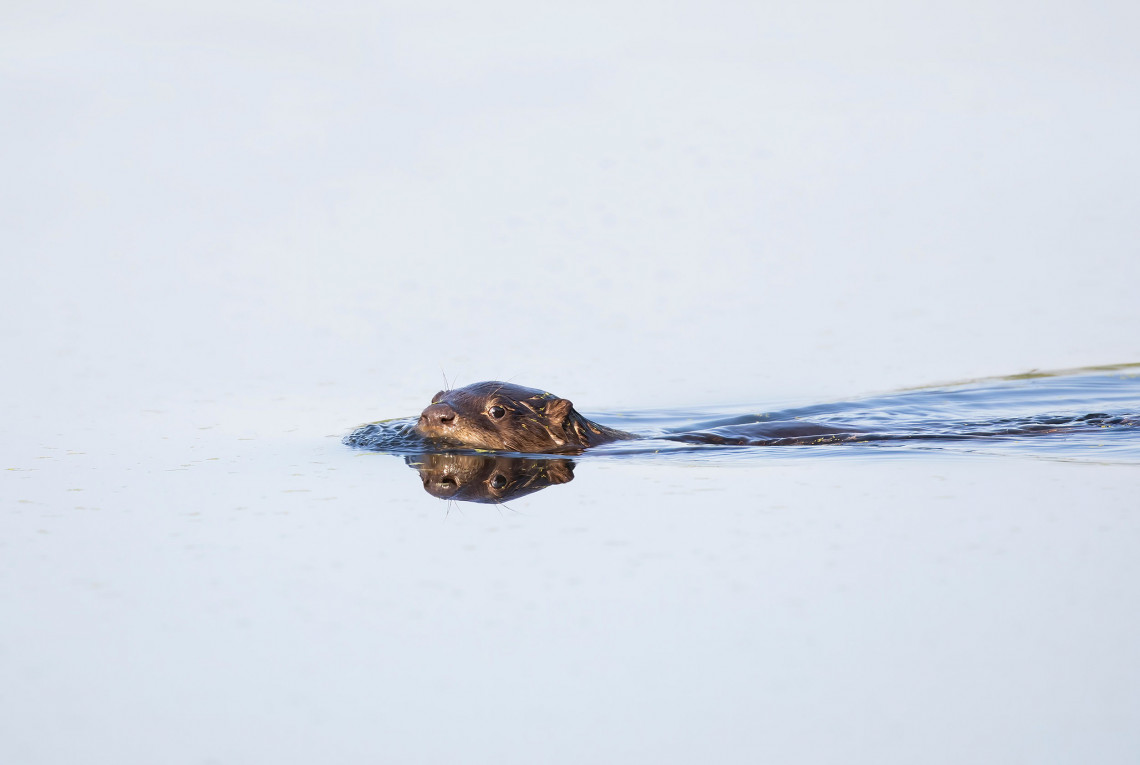
“Biodiversity is like insurance against extreme weather”
Josef Settele is an agrobiologist and professor of ecology at the Martin Luther University Halle-Wittenberg. At the Helmholtz Centre for Environmental Research in Halle, he investigates how change in climate and land use affect biodiversity, and how reduced biodiversity affects ecosystems and people.

Biodiversity and the climate: We need more and bolder measures
From December 7-19, 2022, 196 nations will meet in Montreal to determine a new global biodiversity framework. At issue are wildlife conservation efforts, more areas for nature conservation and spending in the billions. Climate action also hangs on the balance of this agreement. What is needed now is political courage and commitment to binding measures.
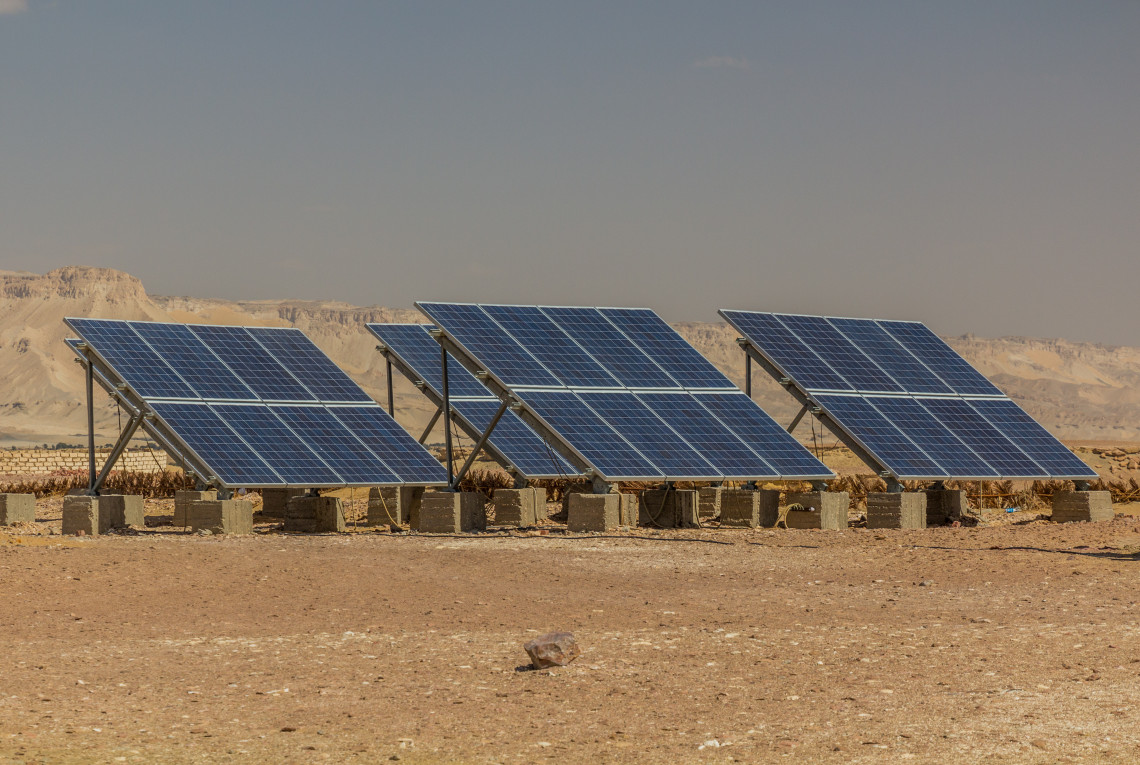
Tipping point less favorable to climate action
The results of the 27th UN Climate Change Conference (COP27) have been overwhelmingly criticized as weak and vague. That said, the negotiators did demand that the development banks mobilize greater amounts of money for climate action.

“We’re in something of an emergency now”
Dirk Messner is a sustainability researcher and has been president of the German Environment Agency (UBA) since 2020. In this interview, he tells us about his hopes and worries on the way to a sustainable future with equitable sharing of the burdens associated with climate change.
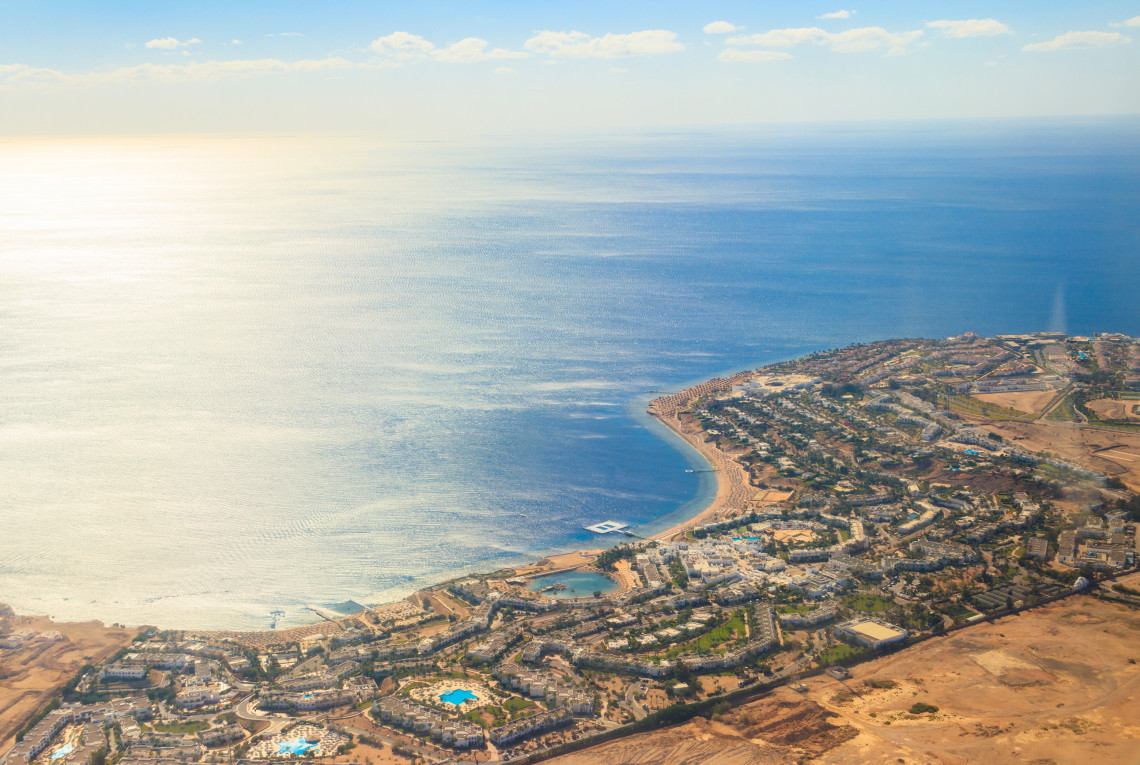
Agenda dispute threatens Sharm El Sheikh
The damage caused by the climate crisis is growing and growing. Developing countries want to make that the focus of the UN Climate Change Conference, but industrialized countries would rather discuss reducing emissions. This dispute could waste valuable time.

Climate action, fairness and the right to a future
Many young people are frustrated by current climate policy and worried about their future health and safety. What would climate action that’s fair to future generations actually involve?
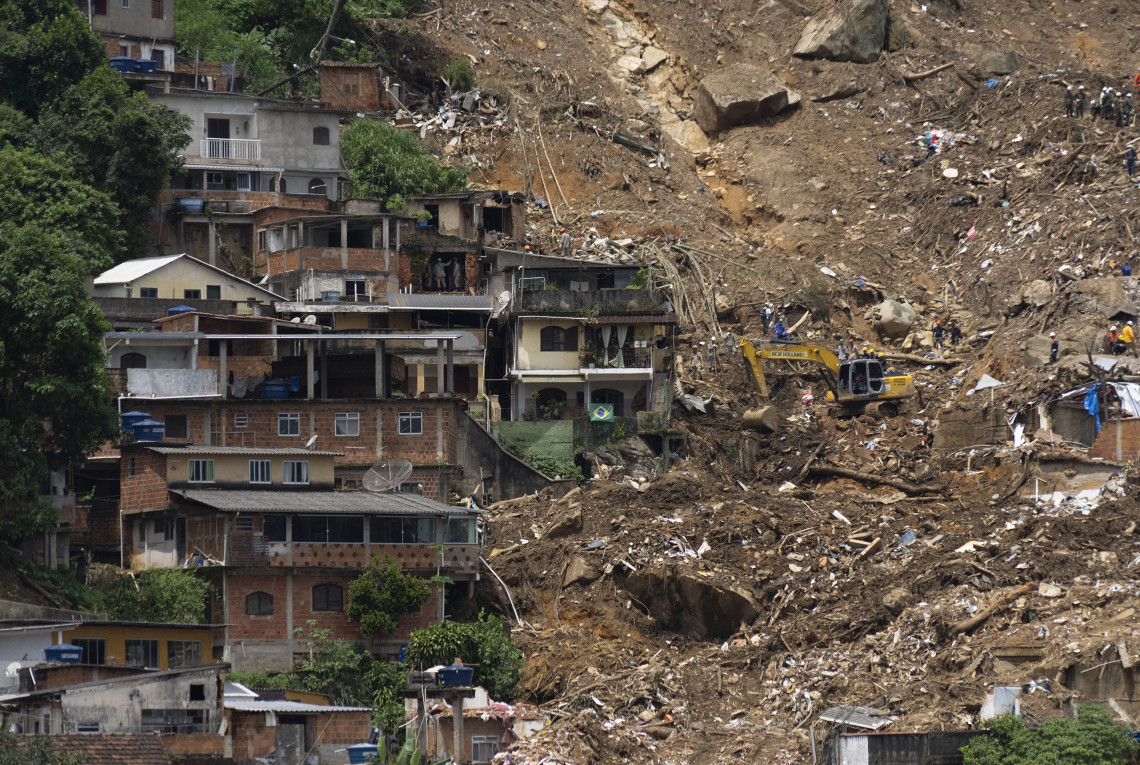
Landslides: When the ground collapses
Landslides can have devastating consequences, swallow up houses and roads, pour vast amounts of debris into valleys, and damage lives, ecosystems, and infrastructure. Such hazards could occur more often in the future, says scientist Ugur Öztürk.

Every tree betters our lives
Trees populating the urban landscape mitigate the impact of climate change on people. Yet trees themselves are suffering from the rise in temperature. Thus in designing truly healthy urban living spaces, people and trees must be considered together.
